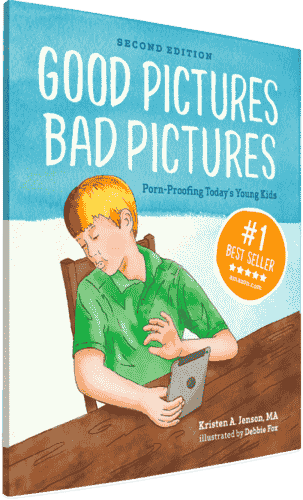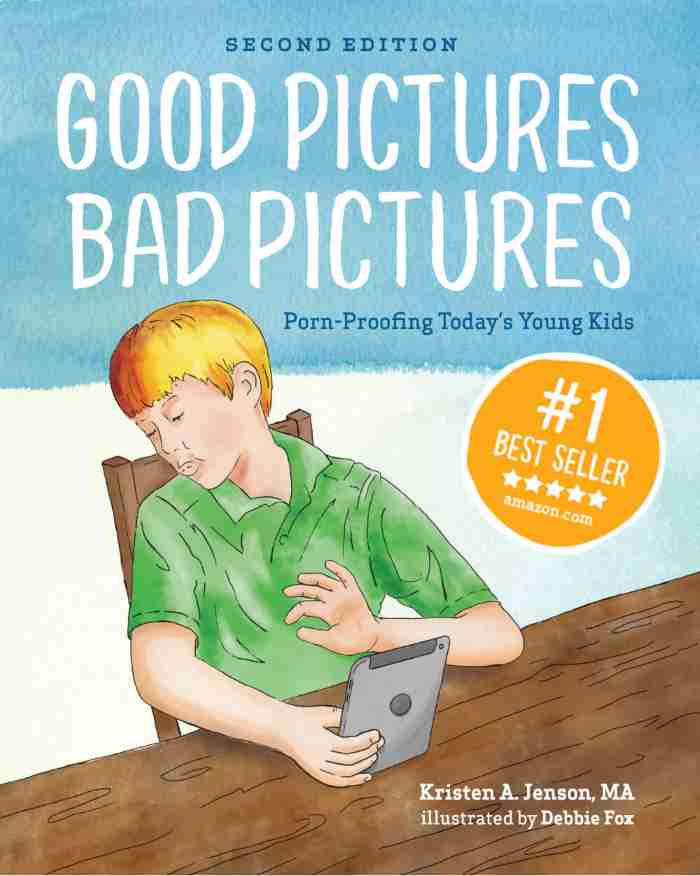
Can Gratitude Build Better Health & Happiness in Kids? Yes!
Can you help your child build greater mental health and happiness by teaching them to be grateful?
The research says yes.
Gratitude Associated with Better Health and Increased Happiness

According to an article, In Praise of Gratitude, in the Harvard Mental Health Letter,
“In positive psychology research, gratitude is strongly and consistently associated with greater happiness. Gratitude helps people feel more positive emotions, relish good experiences, improve their health, deal with adversity, and build strong relationships.”
One study done by Dr. Robert A. Emmons of the University of California, Davis and Dr. Michael E. McCullough of the University of Miami asked three groups to write in journals. One group wrote about things they were grateful for that happened during the week. The second group wrote about irritations, and the third group were simply asked to write about events that affected them, with no emphasis on positive or negative.
After 10 weeks, those who documented their gratitude were “more optimistic and felt better about their lives.” Further the study noted that, “Surprisingly, they also exercised more and had fewer visits to physicians than those who focused on sources of aggravation.” Wow!
The Harvard Mental Health Letter goes on to explain that having an attitude of gratitude helps improve relationships. This doesn’t only include couples, but managers who remember to say “thank you” enjoy employees who are willing to work harder.
How are Adolescents Affected by Gratitude?

Another study published by Michelle D. Hasemeyer from the University of South Florida, reported that adolescents who have higher levels of gratitude also enjoy higher levels of “life satisfaction,” “less internalizing symptoms [such as depression, sadness, anxiety],” and higher levels of support from parents, teachers and peers. These kids also had higher grades.
So, the power of gratitude cannot be underestimated in my humble yet correct opinion.
How to Encourage an Attitude of Gratitude
So how do you cultivate gratitude? Here are six suggestions from In Praise of Gratitude:
- Write a thank-you note. You can make yourself happier and nurture your relationship with another person by writing a thank-you letter expressing your enjoyment and appreciation of that person's impact on your life. Send it, or better yet, deliver and read it in person if possible. Make a habit of sending at least one gratitude letter a month. Once in a while, write one to yourself.
- Thank someone mentally. No time to write? It may help just to think about someone who has done something nice for you, and mentally thank the individual.
- Keep a gratitude journal. Make it a habit to write down or share with a loved one thoughts about the gifts you've received each day.

- Count your blessings. Pick a time every week to sit down and write about your blessings — reflecting on what went right or what you are grateful for. Sometimes it helps to pick a number — such as three to five things — that you will identify each week. As you write, be specific and think about the sensations you felt when something good happened to you.
- People who are religious can use prayer to cultivate gratitude.
- Mindfulness meditation involves focusing on the present moment without judgment. Although people often focus on a word or phrase (such as "peace"), it is also possible to focus on what you're grateful for (the warmth of the sun, a pleasant sound, etc.).
I’ve always been a stickler for encouraging (OK, forcing) my kids to write thank you notes (ideally before the gift was used or the check was cashed). Now that they are adults, they’re pretty conscientious!
Resources

- I Write Thank You Notes by Janna McFerson. A very cute book that helps kids understand six important reasons for writing thank you notes and provides a simple template to help them get started.
- Free printable templates: here’s one from Family Fun.
- Customized cards for kids: Lots of ideas in this blog post from Cool Mom Picks: Cool Thank You Cards from Kids (that they’ll actually want to write)
A BIG THANK YOU for YOU!
Thank you for reading (and subscribing to) Defend Young Minds! I get so many emails from readers thanking me for writing Good Pictures Bad Pictures, but when it comes right down to it, YOU are the ones who, day-to-day, are raising great kids! Kids that are caring, appreciative, and empowered to protect their brains from the destructive messages and addictive nature of pornography.
So I THANK YOU for all of your tireless work as parents and grandparents to protect your kids in a culture that doesn’t make it easy.
For all of you who are celebrating Thanksgiving Day this week, it's nice to know that as you count your blessings, you’re increasing your mental health in the process!
[[CTA]]



Good Pictures Bad Pictures
"I really like the no-shame approach the author takes. It's so much more than just 'don't watch or look at porn.' It gave my children a real understanding about the brain and its natural response to pornography, how it can affect you if you look at it, and how to be prepared when you do come across it (since, let's face it... it's gonna happen at some point)." -Amazon Review by D.O.






